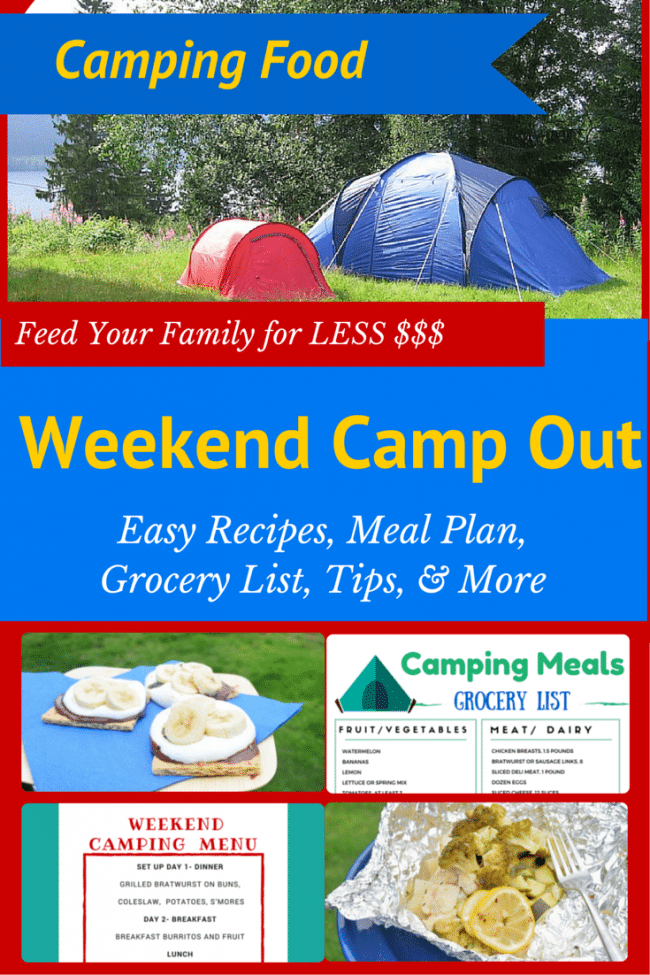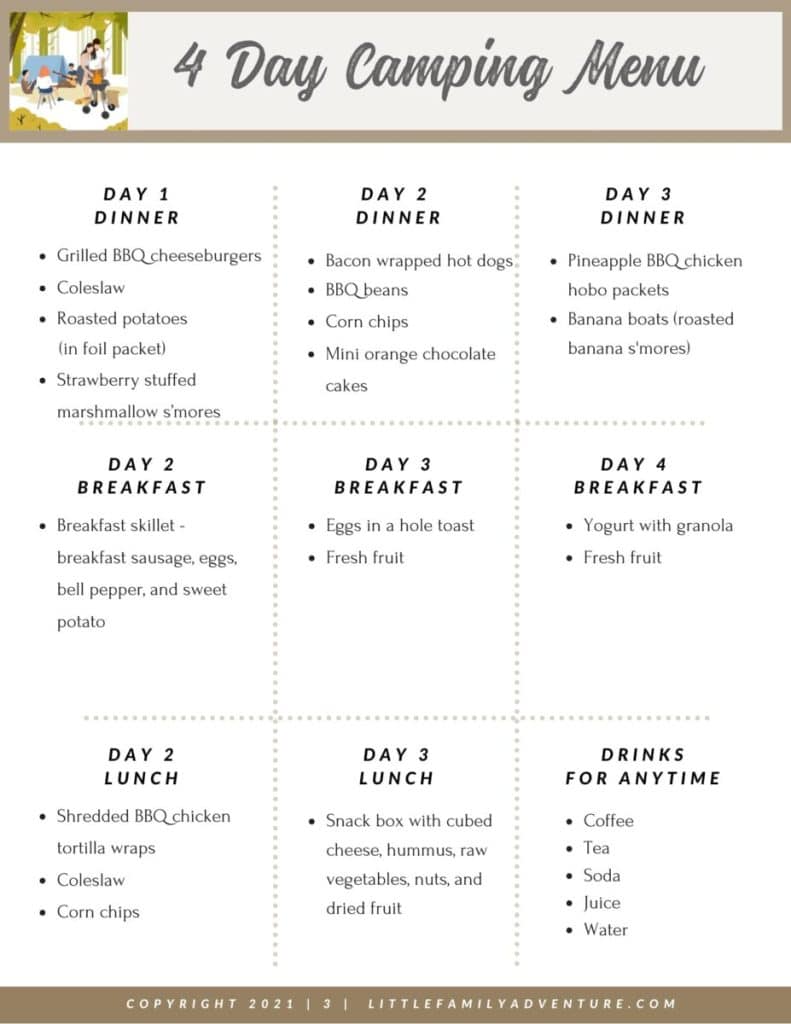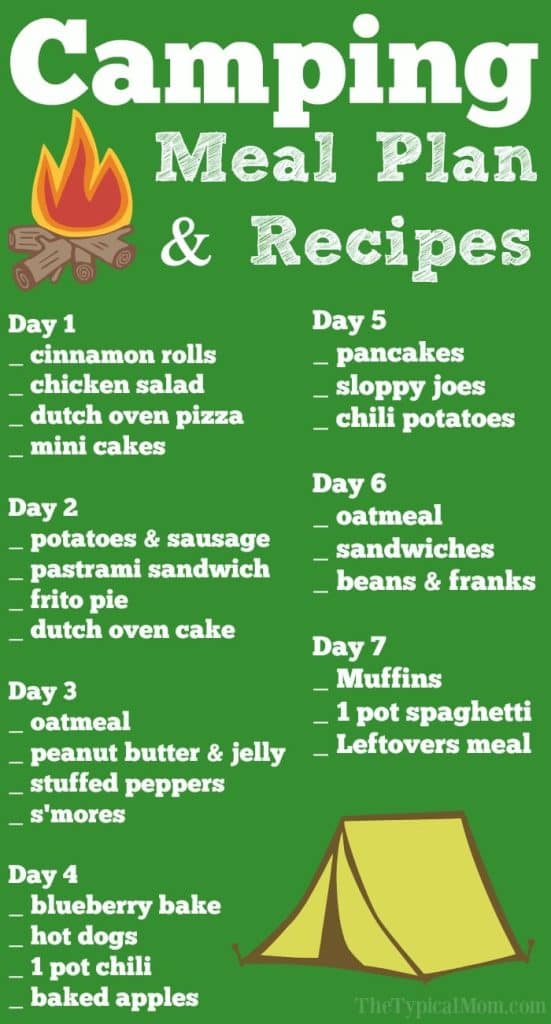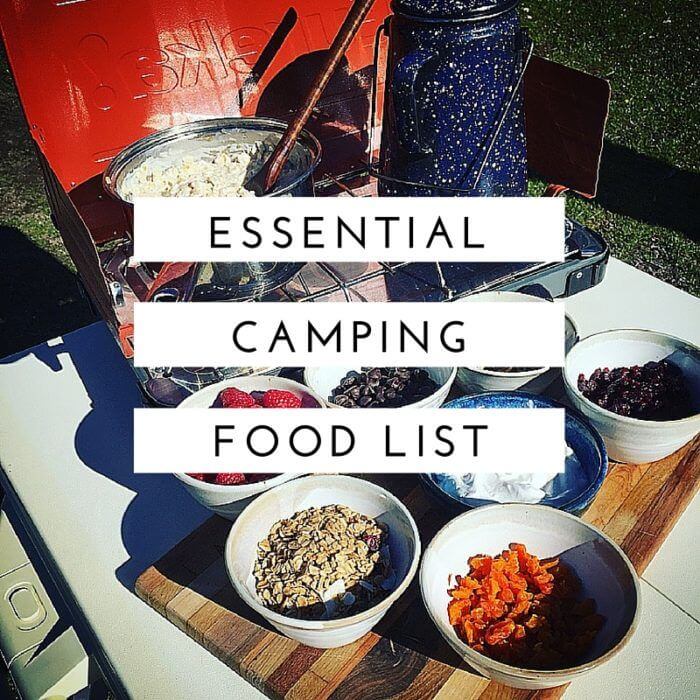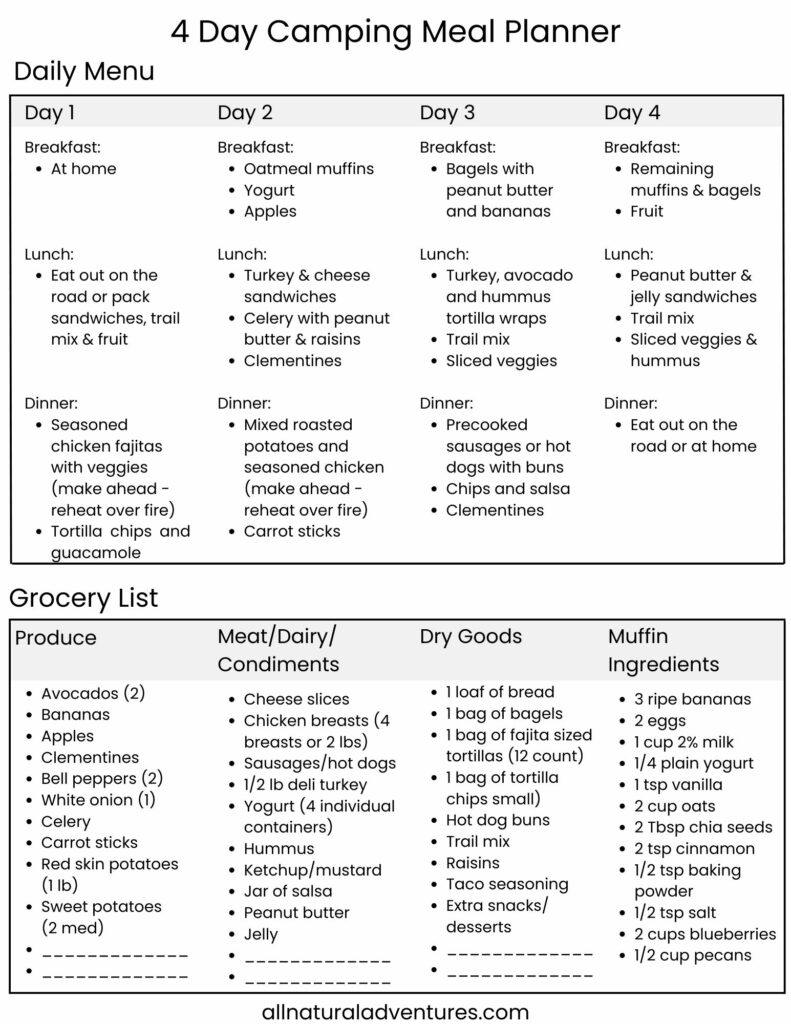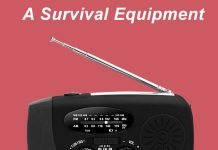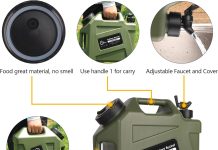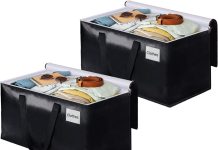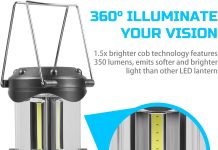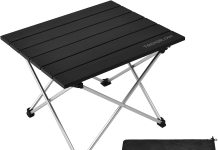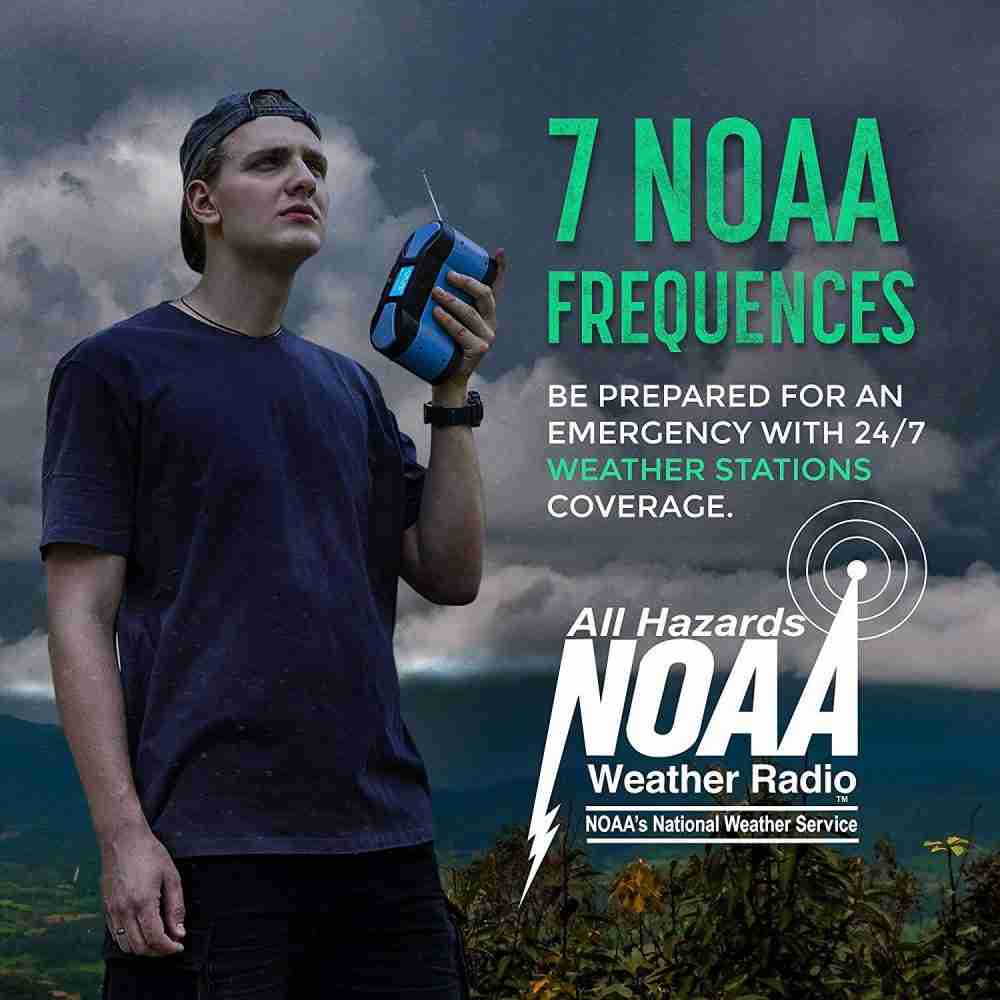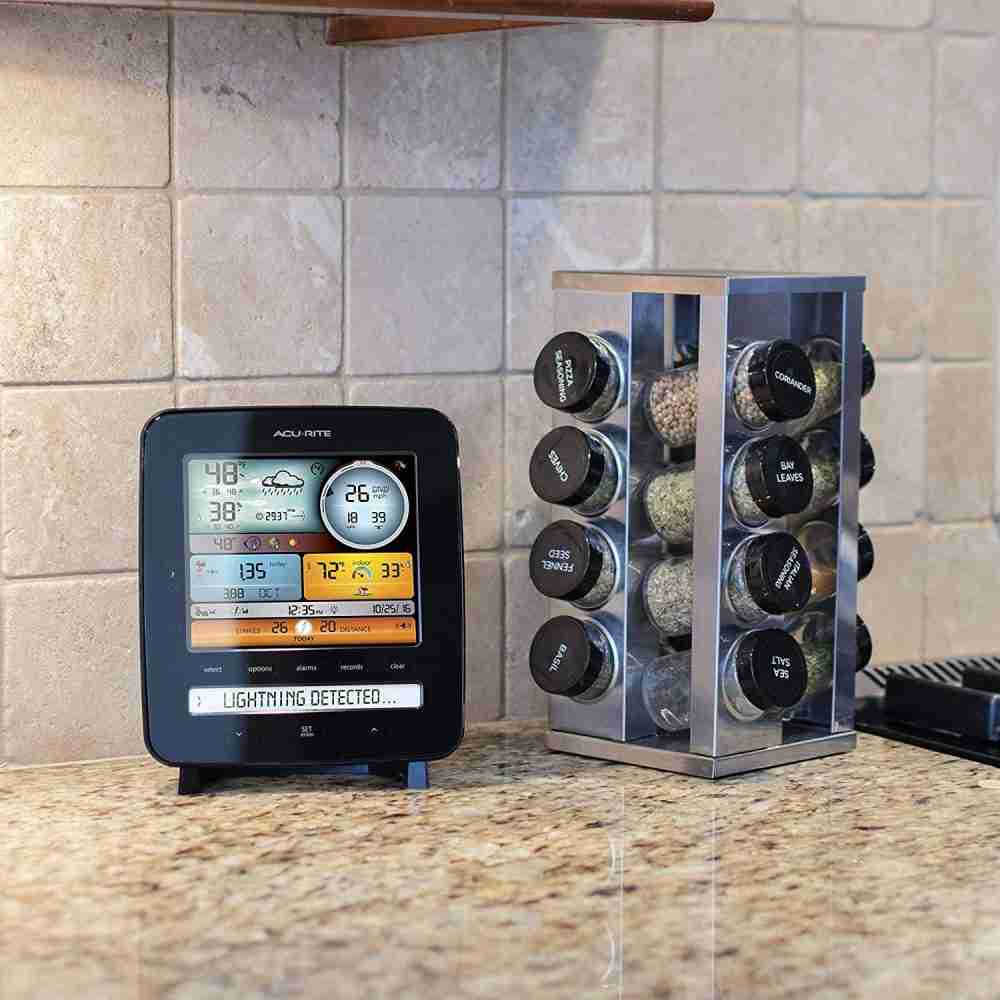Planning a camping trip can be exciting and overwhelming, especially when deciding what food to pack.
After all, you want to ensure enough nourishment for four days in the great outdoors.
But fret not! In this article, we will guide you through selecting the perfect food items that are delicious, practical, and easy to prepare.
From energizing breakfast options to convenient snacks and satisfying meals, we’ve got you covered.
So, grab your camping gear. Let’s delve into the essential food items you should bring for your upcoming four-day adventure!
Breakfast
Easy-to-pack options
When planning breakfast for your 4-day camping trip, it’s important to consider options that are easy to pack and require minimal preparation.
Some great choices include individually wrapped granola bars, instant oatmeal packets, and pre-packaged single-serving cereal boxes. These items can easily be tossed into your backpack or cooler and are conveniently ready to eat whenever you’re hungry.
Cooking options
If you prefer a cooked breakfast, plenty of options won’t take up too much space in your camping gear. Consider bringing along pre-made pancake mix, which only requires adding water.
Using a portable griddle or frying pan, you can cook fluffy pancakes over a campfire. Another idea is to bring along some instant pancake mix that only requires adding water. This way, your mornings can start with a warm and comforting breakfast without the hassle of measuring ingredients.
Lunch
Sandwiches and wraps
Sandwiches and wraps are the perfect lunch options for camping. They are easily assembled, customizable, and can be made with various ingredients. Some popular choices include turkey, cheese, ham, and Swiss or vegetarian options like hummus and fresh vegetables. To keep your sandwiches fresh, pack the ingredients separately and assemble them on-site to prevent soggy bread.
Pre-made salads and pasta
If you’re looking for a lighter lunch option, pre-made salads and pasta salads are great. Make them ahead of time and store them in individual containers for easy access.
Options like Greek salad or pasta salad with veggies, cheese, and a vinaigrette dressing make for refreshing and satisfying meals during your camping adventure.
Quick and easy meals
Consider packing some pre-packaged meals that require minimal preparation for a quick and easy lunch. Some ideas include pre-cooked rice or quinoa cups that can be heated on a portable stove or canned soups that can be heated over a campfire.
These options allow you to have a delicious and filling lunch without spending too much time cooking.
Dinner
One-pot meals
When it comes to dinner, one-pot meals are a lifesaver for camping. They are convenient and minimize the number of dishes you need to wash. Some popular one-pot camping meals include chili, stew, or pasta dishes. Just cook everything in a single pot over a campfire or portable stove, and you’ll have a hearty and delicious dinner to enjoy.
Grilling options
If you’re a fan of grilled food, camping provides the perfect opportunity to indulge in outdoor cooking. Pack some marinated meat, such as chicken or steak, and bring a portable grill. Grilling your dinner adds a smoky flavor and creates a memorable camping experience. Don’t forget to bring along some veggies to grill as well. Kabobs made with a variety of vegetables and meat are always a hit!
Foil packet meals
Foil packet meals are another fantastic option for camping dinners. These meals are simple to prepare and require minimal cleanup. Simply place your choice of protein, such as fish or chicken, vegetables, and seasonings, onto a sheet of aluminum foil. Wrap everything tightly and cook it over a campfire or portable grill. The result is a delicious and flavorful meal with virtually no dishes to wash afterward.
Snacks
Trail mix and granola bars
Snacks are a must-have when camping, providing quick energy boosts throughout the day. Trail mix and granola bars are perfect options as they are lightweight, easy to pack, and provide a mixture of protein, fiber, and carbohydrates. You can purchase a pre-made trail mix or customize your own by combining nuts, dried fruits, and chocolate chips. Granola bars come in various flavors and are a convenient and tasty snack option.
Fresh fruits and vegetables
While keeping fresh produce during a camping trip may seem challenging, some fruits and vegetables are more durable and portable than others. Apples, oranges, and carrots are excellent choices as they can withstand outdoor conditions and provide essential vitamins and fiber. Pack them in a sturdy container or a cooler to keep them fresh throughout your trip.
Jerky and dried fruits
Jerky and dried fruits are great snacks that require no refrigeration and provide a good protein and natural sugar source. Beef or turkey jerky is a portable and high-protein snack that can keep you fueled during your adventures. Dried fruits like apricots, cranberries, or banana chips offer a sweet and satisfying treat while being easy to pack and carry.
Canned goods
Canned goods can also serve as convenient and tasty camping snacks. Canned tuna, chicken, or beans can be easily incorporated into your meals or enjoyed independently. Just remember to pack a can opener and consider bringing along some crackers or bread to accompany them.
Beverages
Water
Staying hydrated while camping is essential, so make sure to pack an ample supply of water. Bring reusable water bottles or a hydration bladder to ensure you have enough water for each day of your trip. If you’re camping in a location with access to clean drinking water, pack a water purifier or filter to ensure the water is safe to consume.
Coffee and tea
For many campers, starting the day with a cup of coffee or tea is a necessity. Portable coffee makers or French presses are available for camping and can help you enjoy a warm cup of your favorite beverage. Alternatively, consider boiling water over a campfire or portable stove and using instant coffee or tea bags for a quick and easy brew.
Sports drinks and electrolytes
If you’ll be engaging in strenuous activities during your camping trip, it’s important to replenish electrolytes. Pack some sports drinks or electrolyte powders to mix with water. These beverages will help keep you hydrated and replenish essential minerals lost through sweating.
Cooking Supplies
Pots and pans
When cooking meals at the campsite, having suitable pots and pans is crucial. Consider bringing a lightweight, durable camping cookware set with a frying pan, pot, and kettle. These items will allow you to prepare various meals at your campsite.
Utensils
Don’t forget to pack essential cooking utensils such as a spatula, tongs, and a cooking spoon. Opt for lightweight and heat-resistant options, as space and weight are important factors when packing for a camping trip. Disposable utensils can also be a convenient option, as they eliminate the need for cleaning and can easily be thrown away.
Portable stove or grill
If you plan to cook meals requiring heat, consider bringing a portable stove or grill. Portable camping stoves are available in various sizes and can be fueled by propane or butane. Portable grills are also an option if you prefer the taste of grilled food. Choose a stove or grill that is compact, lightweight, and suitable for outdoor use.
Cutting board and knife
A small cutting board and a sharp knife are essential tools for any camping kitchen. Use the cutting board for chopping vegetables, fruits, or any other ingredients you’ll need for your meals. Pack a knife with a sheath or cover to ensure safe transportation.
Cooking oil and spices
To enhance the flavor of your meals, don’t forget to bring some cooking oil and your favorite spices. Olive or vegetable oil can be packed in a lightweight, leak-proof container.
As for spices, consider packing a small container with various seasonings, such as salt, pepper, garlic powder, and chili flakes. These simple additions can transform an essential meal into a flavorful camping feast.
Storage and Preservation
Cooler and ice packs
If you’re planning to bring perishable items or want to keep your beverages cool, a cooler and ice packs are must-haves. Invest in a high-quality cooler with good insulation and a sturdy latch to keep the cold and hot air in. Pack your items tightly in the cooler and use ice packs or frozen water bottles to maintain a safe temperature.
Ziplock bags and containers
Ziplock bags and containers are valuable storage solutions when camping. Use them to organize your snacks, store meal leftovers, or protect delicate items such as fresh produce. Opt for reusable and durable containers to minimize waste and ensure long-lasting food preservation.
Food safety precautions
Maintaining food safety is crucial when camping. Always practice proper hygiene, including washing your hands with soap and water before handling food.
Keep perishable items refrigerated or in a cooler until it’s time to cook or consume them. Avoid cross-contamination by storing raw meats separately from ready-to-eat foods. Finally, properly dispose of any leftover food to prevent attracting wildlife to your campsite.
Trash bags
Proper waste management is essential when camping to preserve the natural environment and keep your campsite clean. Pack plenty of trash bags to separate and dispose of your garbage, recyclables, and food waste. Store the bags securely to prevent wildlife from accessing them, and remember to leave no trace by taking all your trash with you when you leave.
Special Considerations
Dietary restrictions
If you or anyone in your camping group has dietary restrictions, careful planning is necessary to ensure everyone’s needs are met. Consider packing alternatives for common allergens or foods that may not be tolerated well. Gluten-free bread, non-dairy milk, or vegetarian protein sources are some items to include for those with specific dietary needs.
Food allergies and sensitivities
If you or someone in your camping group has food allergies or sensitivities, taking extra precautions is vital. Read ingredient labels carefully and bring along a sufficient supply of safe foods. Be vigilant about preventing cross-contamination, and ensure everyone understands the importance of keeping allergens separate from other foods.
Meal planning and portion control
Proper meal planning and portion control are essential to avoid food waste and ensure you have enough meals for your camping trip. Consider planning your meals, including snacks and beverages. This will allow you to pack exactly what you need, minimizing the risk of running out of food or having excessive leftovers.
Wilderness regulations
When camping, you must familiarize yourself with any wilderness regulations or restrictions that apply to the area you’ll be visiting.
This includes knowing whether specific rules regarding food storage or cooking methods exist. Following these regulations can help protect the environment and wildlife while enjoying your camping experience.
Meal Ideas
Sample meal plan for four days
To give you an idea of how to plan your meals for a 4-day camping trip, here’s a sample meal plan:
Day 1:
- Breakfast: Instant oatmeal packets with dried fruits and nuts
- Lunch: Turkey and cheese sandwiches with carrot sticks
- Dinner: Foil packet meal with marinated chicken, potatoes, and vegetables
- Snacks: Trail mix and granola bars
- Beverages: Water, coffee, and electrolyte drinks
Day 2:
- Breakfast: Pre-packaged single-serving cereal boxes with fresh fruit
- Lunch: Greek salad with pre-cooked chicken
- Dinner: Chili cooked in a pot over a campfire with cornbread
- Snacks: Jerky and dried fruits
- Beverages: Water, tea, and sports drinks
Day 3:
- Breakfast: Pancakes made from pre-made mix with maple syrup
- Lunch: Wraps with hummus, fresh vegetables, and feta cheese
- Dinner: Grilled steak with baked potatoes and grilled vegetables
- Snacks: Fresh fruits and vegetables
- Beverages: Water, coffee, and electrolyte drinks
Day 4:
- Breakfast: Breakfast burritos with scrambled eggs, cheese, and salsa
- Lunch: Pasta salad with pre-cooked shrimp and a citrus dressing
- Dinner: One-pot pasta with marinara sauce, mushrooms, and spinach
- Snacks: Canned tuna or chicken with crackers
- Beverages: Water, tea, and electrolyte drinks
Using this meal plan as a starting point, you can customize it to suit your preferences and dietary needs.
Conclusion
When it comes to camping, having a well-planned and diverse food selection is essential for an enjoyable and nourishing experience. By packing easy-to-pack options for breakfast, sandwiches, and wraps for lunch, one-pot meals for dinner, and a variety of snacks, you can ensure that everyone’s hunger is satisfied throughout the trip.
Bring the necessary cooking supplies, practice food safety precautions, and consider any special dietary needs or restrictions. With a bit of preparation, you can enjoy delicious meals and make lasting memories in the great outdoors. Happy camping!

